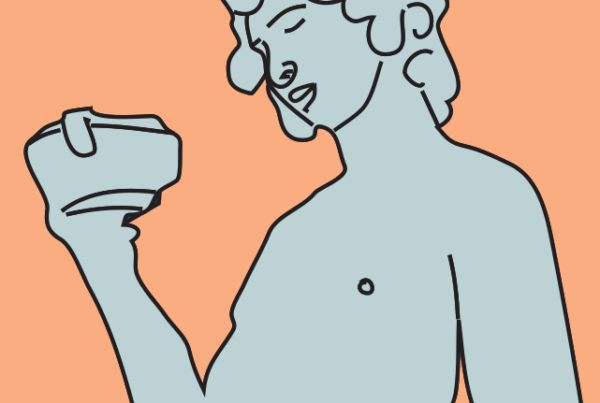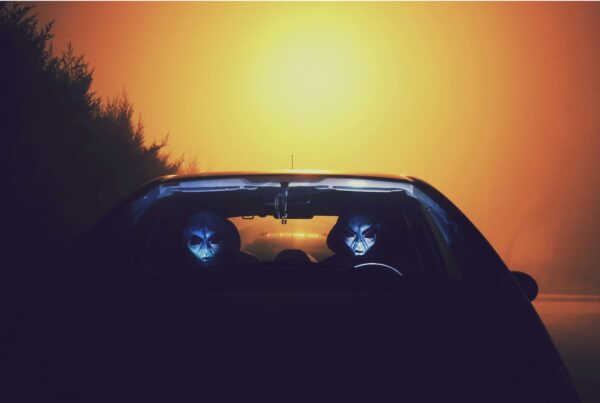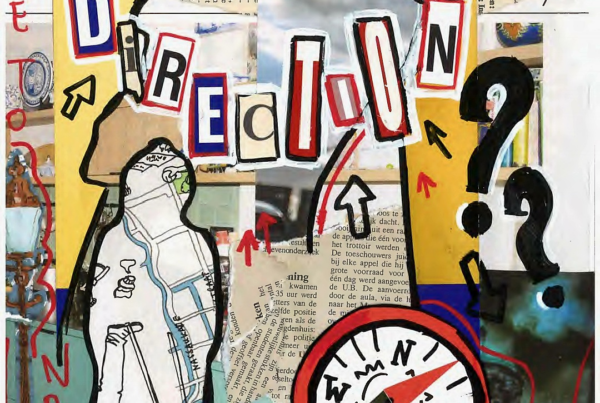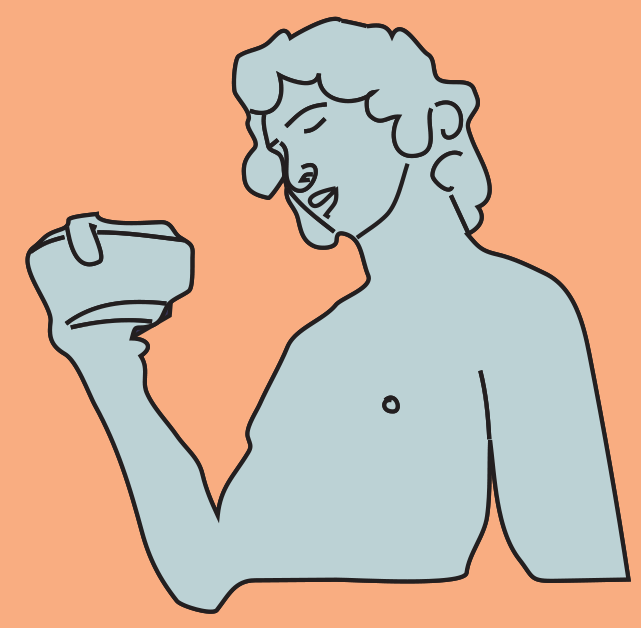
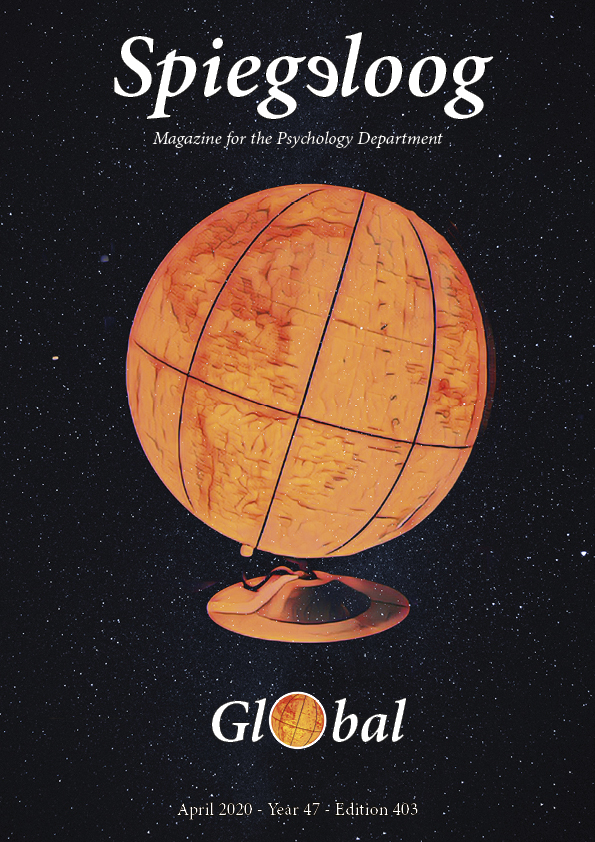
For the longest time, I thought I would never find people who understood what it’s like knowing, living in and embodying more than one culture. I spent most of my childhood in Arnhem, from the age of four to nine. Prior to and after that, I lived in Singapore. When I first moved from Singapore to The Netherlands, the transition was rather smooth for me – within a week I was already fluent in Dutch – and in the larger scheme of my life, I regard Arnhem as a hometown more than Singapore. However, the transition back to Singapore was a huge challenge for me. I did not know how to deal with the differences between the two cultures and the differences were large, to say the least. My parents, though they tried their best to help me reintegrate, were poorly equipped to handle such a situation. They were trying to reintegrate as well and had their plates full with their own matters such as working to pay the bills.
Of my 11 years in Singapore, 2007 to 2018, I spent about half of it being bullied. This stemmed from people being uncomfortable with something unknown or different. Especially in Asian culture, conformity is valued and comfortable, from what I have observed and read. Living in The Netherlands, I was taught to be my own person and to own it – that I’m independent and unique, and not to give two hoots about what others think (at least that’s what I remember about my experiences here and the feelings I had). So, the clashes between the Dutch and Singaporean cultures resulted in many misunderstandings between my peers and me, as well as with my teachers. A prime example is how I was shunned by my peers and scolded by my teachers for asking questions in class. To this day I’m still not exactly sure why my peers didn’t like that I questioned things, but I know the teachers hated it because children weren’t supposed to question authority. Just keep your head down and do your work.
Long story short, most of the people I met in Singapore found me weird because I didn’t behave in the way they expected Singaporeans to behave. They let the rumors they heard about me rule their perception of me. For a while, I became convinced that I was truly abnormal and that I would never find people with whom I could relate, and who could relate to me. I began to hide my true self with a constant façade that matched people’s expectations of what I should be like – to fit in and be liked. This changed after I moved to Amsterdam in 2018. I found an international and diverse community at the UvA, who turned out to be the kind of people I had been looking for. They are welcoming, open-minded, easy-going, accepting, tough, worldly, and the list goes on. So, after years of putting up a façade, I started to reveal more of myself. It felt uncomfortable and scary as I was taught that my true self is weird and something people wouldn’t want to get to know. It is something I have kept hidden to avoid repelling people, and to protect myself from further hurt. But the Dutch environment and the international community here gave me the courage to do so.
I realized that there truly are plenty of people in the world. One will eventually be able to find like-minded people, if they look in the right places. In the end, all good relationships are about finding someone who appreciates you, regardless of your differences. You shouldn’t have to pretend to be something you’re not and just because you’re not accepted by one group of people, it doesn’t mean you won’t be able to find ‘your’ group of people elsewhere.

For the longest time, I thought I would never find people who understood what it’s like knowing, living in and embodying more than one culture. I spent most of my childhood in Arnhem, from the age of four to nine. Prior to and after that, I lived in Singapore. When I first moved from Singapore to The Netherlands, the transition was rather smooth for me – within a week I was already fluent in Dutch – and in the larger scheme of my life, I regard Arnhem as a hometown more than Singapore. However, the transition back to Singapore was a huge challenge for me. I did not know how to deal with the differences between the two cultures and the differences were large, to say the least. My parents, though they tried their best to help me reintegrate, were poorly equipped to handle such a situation. They were trying to reintegrate as well and had their plates full with their own matters such as working to pay the bills.
Of my 11 years in Singapore, 2007 to 2018, I spent about half of it being bullied. This stemmed from people being uncomfortable with something unknown or different. Especially in Asian culture, conformity is valued and comfortable, from what I have observed and read. Living in The Netherlands, I was taught to be my own person and to own it – that I’m independent and unique, and not to give two hoots about what others think (at least that’s what I remember about my experiences here and the feelings I had). So, the clashes between the Dutch and Singaporean cultures resulted in many misunderstandings between my peers and me, as well as with my teachers. A prime example is how I was shunned by my peers and scolded by my teachers for asking questions in class. To this day I’m still not exactly sure why my peers didn’t like that I questioned things, but I know the teachers hated it because children weren’t supposed to question authority. Just keep your head down and do your work.
Long story short, most of the people I met in Singapore found me weird because I didn’t behave in the way they expected Singaporeans to behave. They let the rumors they heard about me rule their perception of me. For a while, I became convinced that I was truly abnormal and that I would never find people with whom I could relate, and who could relate to me. I began to hide my true self with a constant façade that matched people’s expectations of what I should be like – to fit in and be liked. This changed after I moved to Amsterdam in 2018. I found an international and diverse community at the UvA, who turned out to be the kind of people I had been looking for. They are welcoming, open-minded, easy-going, accepting, tough, worldly, and the list goes on. So, after years of putting up a façade, I started to reveal more of myself. It felt uncomfortable and scary as I was taught that my true self is weird and something people wouldn’t want to get to know. It is something I have kept hidden to avoid repelling people, and to protect myself from further hurt. But the Dutch environment and the international community here gave me the courage to do so.
I realized that there truly are plenty of people in the world. One will eventually be able to find like-minded people, if they look in the right places. In the end, all good relationships are about finding someone who appreciates you, regardless of your differences. You shouldn’t have to pretend to be something you’re not and just because you’re not accepted by one group of people, it doesn’t mean you won’t be able to find ‘your’ group of people elsewhere.

